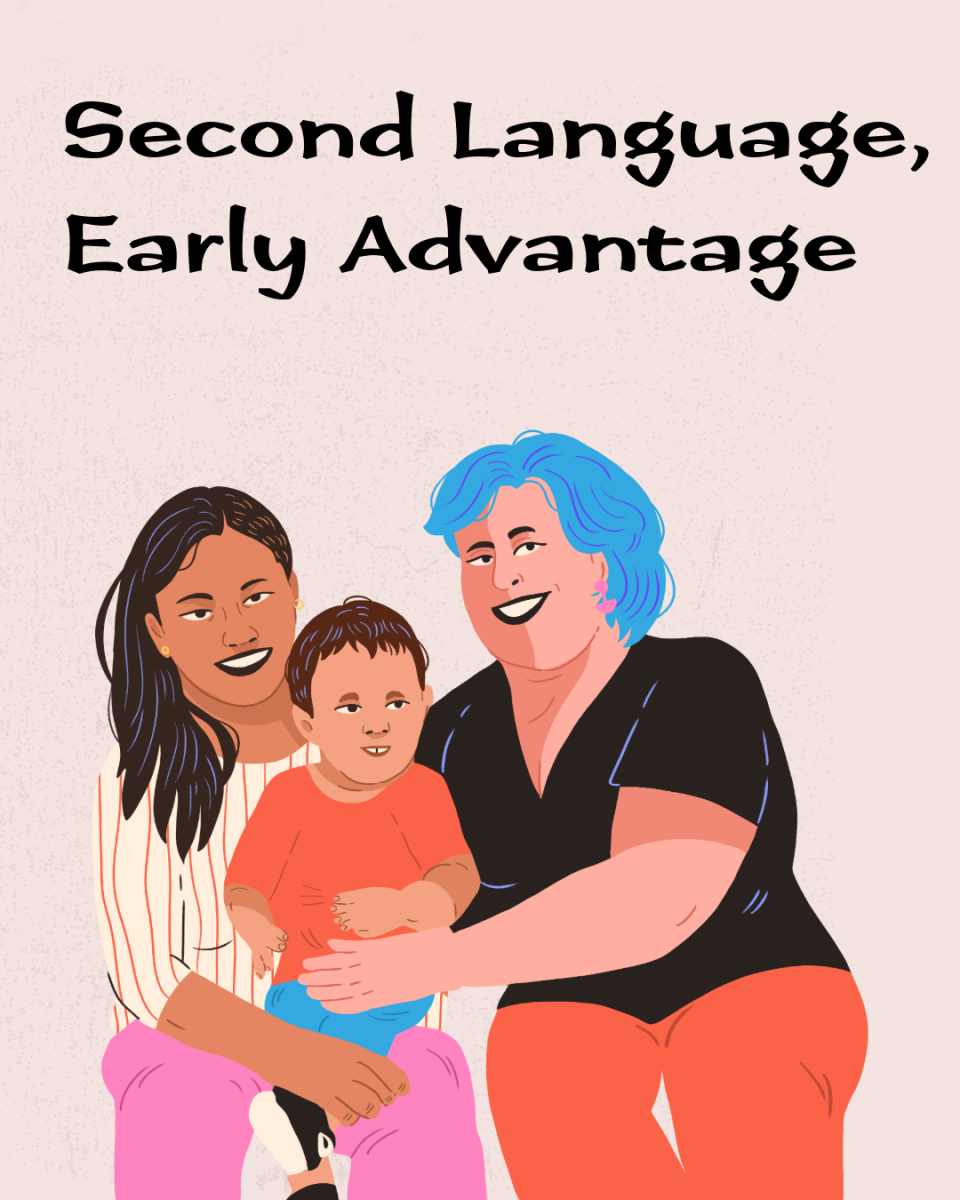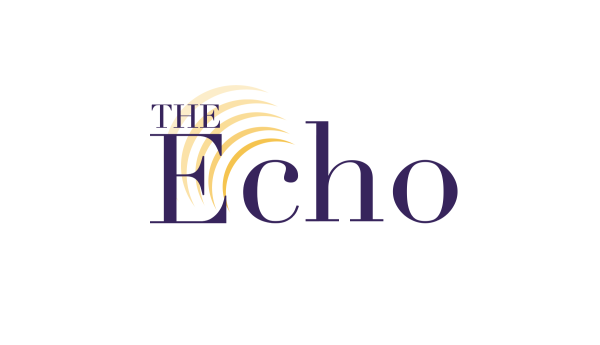Parents should expose their children to a second language from an early age.
As someone who did not start learning a second language until their freshman year of high school, I have always been envious of how easy Spanish seems to come for students who have been exposed to the language from a young age. To this day, as I continue my Spanish education in college, when I listen to some of my classmates speak, they seem so confident in their abilities that I sometimes feel intimidated to even attempt to match them.
According to the National Library of Public Medicine, “There may not be a sharp turn for the worse at any point in development, but there is an incremental decline in language learning abilities with age.”
Professor in the Languages and Cultures Department at California Lutheran University Sheridan Wigginton, who teaches Spanish, said she did not grow up in a Spanish-speaking household but was first exposed to the language at a young age.
Wigginton said she did not realize she could study Spanish until she reached junior high and high school. Though she didn’t speak Spanish at home, Wigginton said being exposed to the language through everyday interactions in her neighborhood gave her more confidence when it came time to learn Spanish in a classroom setting.
“Being able to operate in multiple languages isn’t just about the language itself, but the earlier you start, you’re really tapping into that neuroplasticity and creating connections across different parts of your brain that help in critical thinking, that help in perception, that help in logic, you know, all those sorts of skills that, of course, you’re gonna tap into later on in life,” Wigginton said.
The only exposure to the Spanish language that I experienced as a child was hearing the rare few Spanish words and phrases used by my grandmother, whose Mexican parents’ first language was Spanish. My grandmother, though, did not pass this skill on to my mother, who then did not pass it down to me.
Because of this, I sadly have always felt disconnected from my roots. I have never felt comfortable fully identifying with my heritage, even though I have familial origins in Latin America.
Many of my Spanish-speaking Latino family members live in the Fresno, California area, where my parents and I used to go for the occasional family reunion. These reunions, complete with mariachis and pozole, made me feel proud of my heritage; however, back in Huntington Beach, the culture and speaking of the language were nowhere to be found in my house.
Second-year student Abegail Holmer is a double major in psychology and Spanish, with a minor in philosophy. Holmer said she did not speak Spanish at home as a child, but that her mother enrolled her into a Spanish immersion magnet school, which she attended from kindergarten through eighth grade.
Although Holmer learned the traditional elementary and middle school subjects in Spanish, she said she calls English her first language because that is what she spoke at home and was first exposed to.
“I think I just didn’t know any other way, which I think is why it’s kind of beneficial to start so early. But, I mean, my English was a little bit behind for a little bit. I would say I caught up though,” Holmer said.
Holmer said her mother was taught Spanish by her Mexican father, Holmer’s grandfather, but lost her second language as she got older. Holmer said if she ever has kids, she will definitely pass the language on to them.
“If I didn’t speak a second language, I think that would be a different conversation. But since I do, I do think that it’s my responsibility to,” Holmer said.
In high school, my mom learned French and my dad learned Spanish, but both were nowhere near fluent enough to be able to teach me as a kid. When I got to high school, I felt a sense of responsibility to learn Spanish and connect with my Mexican heritage, but felt discouraged that I was getting a late start.
According to the National Library of Medicine, “older children and adults do not usually have the same amount of time to devote to language learning, and they do not usually experience the advantage of fun, constant, one-on-one interaction with native speakers. Instead, they often find themselves in a classroom, where they get a small fraction of the language practice that infants and toddlers get (Lew-Williams & Fernald, 2010).”
As a student studying Spanish in school, it has been difficult to feel fully immersed in the language when I don’t speak it outside the classroom. While trying to balance a full course load, as well as commitments outside of school, I struggle to devote time solely to advancing my Spanish skills.
Wigginton said she thinks it can be beneficial for parents and children to learn a second language together.
“Unless they [parents] speak that language, sometimes they think that it has to be the school’s responsibility. But it can really be a really great joint learning process because you’re learning more than just the language,” Wigginton said. “And that level of comfort with being vulnerable and trying, I think that’s the skill that’s going to help both the parent and the child as they move forward, trying to get better in their language.”
At 14 years old, I discovered how much fun it could be to learn a new language and discover more about the culture that goes along with it. As a student at the college level now, minoring in Spanish, I have the same passion for learning the language, but I must admit that I still find myself comparing my abilities to students who are heritage speakers. I wish that I could have started learning a second language sooner.
If I have kids in the future, I plan to, at the very least, expose them early to a second language, likely Spanish, to set them up for success later in life. I hope other future parents will consider doing the same.







